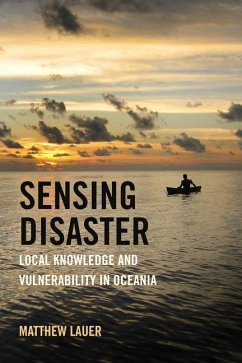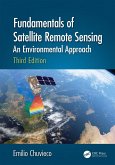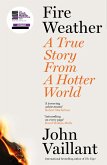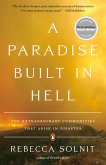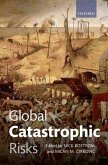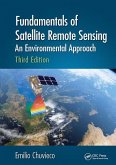"Matthew Lauer critically examines many key concepts within Indigenous ecological knowledge and disaster research and demonstrates the problematic assumptions built into them. Rather than just offer a critique, however, he also directs readers forward to resolve inadequacies in the current interpretation of these fields."--Tamatoa Bambridge, Research Director, National Center for Scientific Research "Sensing Disaster deftly argues for reconsidering Indigenous disaster responses. Lauer's rich ethnographic work leads away from assumptions about what Indigenous ecological knowledge is and toward a richer understanding of local knowledges as situated practices that involve people, places, and nonhuman others. An important and timely intervention into Indigenous knowledge literature that urges us to more fully examine the interconnections among disaster, vulnerability, and changing environments."--Jerry Jacka, author of Alchemy in the Rain Forest: Politics, Ecology, and Resilience in a New Guinea Mining Area "At a time when natural disasters are increasing worldwide, Lauer's timely and extremely pertinent book argues that all knowledges, Indigenous and otherwise, are essential to understanding risk and calamity--and that facile acknowledgments of Indigenous ecological knowledge actually advance outside interpretative control. Asserting that the labels "local" and "situational" are more accurate descriptors of ecological recognition, he in fact suggests the term "Indigenous" be expunged. As exemplar, his description of Simbo people's apprehension of their habitat and the tsunami that struck them demonstrates the almost gossamer interweaving of science, belief, ancestry, material good, tenure, and identity that forms their ecological truth."--Susanna M. Hoffman, Chair, Commission on Anthropology of Risk and Disaster, International Union of Anthropological and Ethnological Sciences, and coeditor of The Angry Earth and Catastrophe and Culture
Hinweis: Dieser Artikel kann nur an eine deutsche Lieferadresse ausgeliefert werden.
Hinweis: Dieser Artikel kann nur an eine deutsche Lieferadresse ausgeliefert werden.

